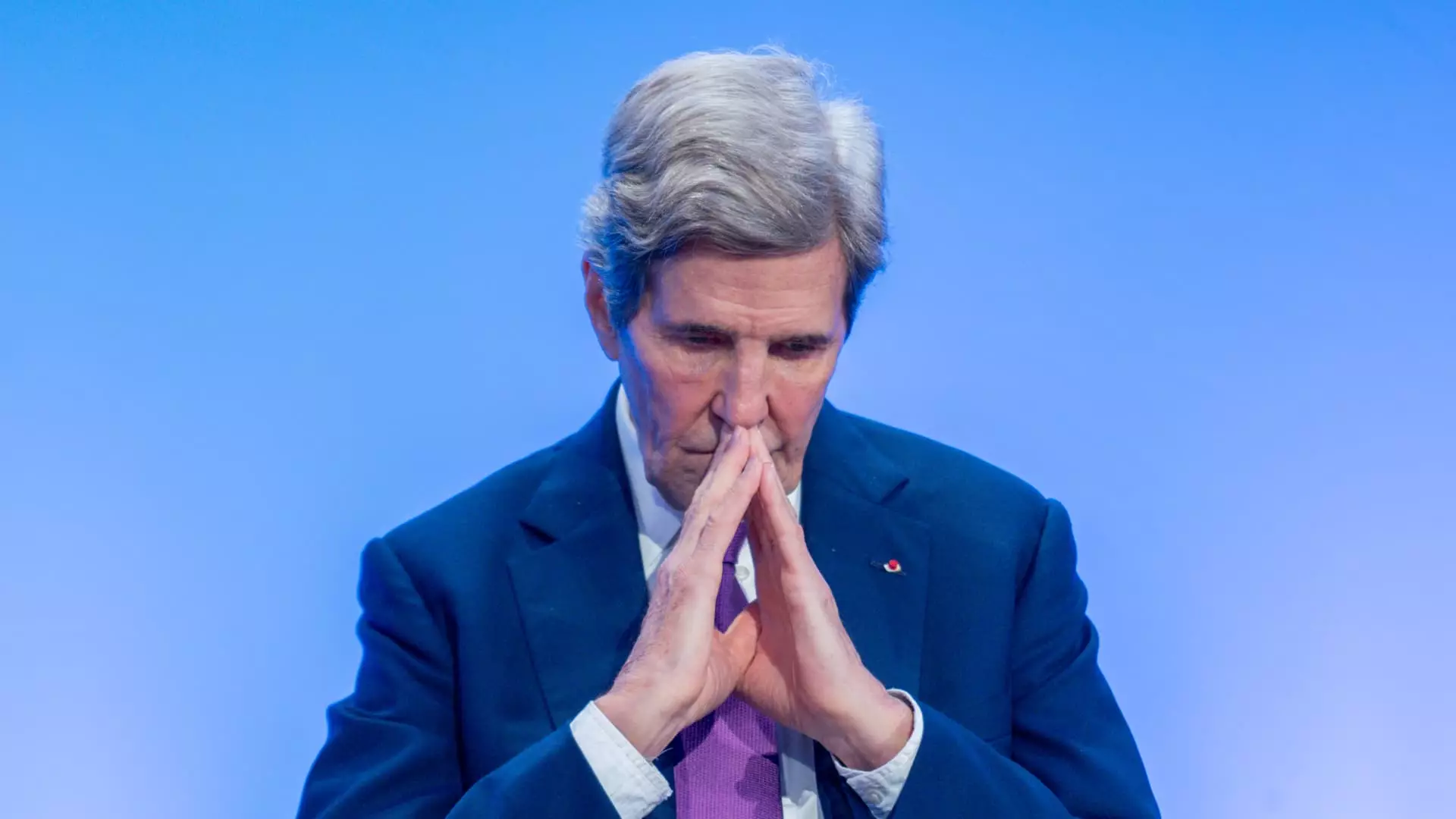The revelation that the COP28 president, Sultan Al-Jaber, dismissed the science behind calls for a phase-out of fossil fuels has caused an uproar among climate scientists and activists. In response, U.S. climate envoy John Kerry emphasized the importance of prioritizing the fight against global warming and keeping the temperature rise to 1.5 degrees Celsius. This article critically examines the implications of Al-Jaber’s remarks, the significance of the 1.5 degrees Celsius threshold, and the urgency of addressing the climate crisis.
Al-Jaber’s suggestion that a fossil fuel phase-out would inhibit sustainable development and take the world back into caves is both farcical and misleading. Such remarks demonstrate a lack of understanding of the gravity of the climate crisis and the urgency of transitioning to renewable energy sources. Climate scientists overwhelmingly agree that without rapidly reducing fossil fuel emissions, the world will face catastrophic consequences, including extreme weather events, rising sea levels, and mass species extinctions.
Contrary to Al-Jaber’s dismissive remarks, the scientific consensus is clear: global warming must be limited to 1.5 degrees Celsius to avoid irreversible damage to the planet. This temperature threshold is crucial because beyond it, tipping points are more likely to occur, leading to catastrophic and irreversible impacts. Tipping points are critical thresholds at which small changes can trigger large-scale and often irreversible consequences for the Earth’s climate system.
The COP28 spokesperson defended Al-Jaber’s remarks by claiming that fossil fuels will still play a role in the future energy system, albeit a smaller one. While it is true that some scenarios presented by the Intergovernmental Panel on Climate Change (IPCC) and the International Energy Agency (IEA) consider a reduced role for fossil fuels, the ultimate goal remains their phased-out use. Quoting the science must not be an excuse to undermine the urgency of the transition away from fossil fuels. It is essential to recognize that any continued reliance on fossil fuels poses a significant threat to the planet’s long-term sustainability.
To ensure a sustainable future and mitigate the impacts of climate change, a global commitment to a fossil fuel phase-out is imperative. Shifting away from fossil fuels until their use is eliminated must be at the forefront of decision-making. This transition requires a combination of renewable energy investment, technological advancements, and international cooperation. The COP28 climate summit presents an opportunity for world leaders to demonstrate their dedication to tackling the climate crisis by committing to a clear and decisive phase-out plan.
The UAE’s role as the host of the COP28 climate summit raises concerns about potential conflicts of interest. Reports prior to the conference suggested that the UAE planned to use their position to lobby for oil and gas deals, a claim that a COP28 spokesperson denied. However, the fact that Al-Jaber, who is the head of the state-run Abu Dhabi National Oil Company, was chosen as the COP28 president raises doubts about the UAE’s true commitment to combating climate change. It is essential to prioritize the planet’s well-being over short-term economic interests.
The success of COP28 hinges on whether it results in a meaningful agreement to phase out all fossil fuels. The burning of fossil fuels is the key driver of the climate crisis, and without bold and decisive action, the world will continue to face escalating environmental and humanitarian challenges. It is crucial for world leaders to align their decision-making with the North Star of limiting global warming to 1.5 degrees Celsius. Only by doing so can we safeguard the planet for future generations and ensure a sustainable and livable future. The time for action is now.


Leave a Reply